
LOCALISED Produced a New Integrated Database for Climate Planners and Policymakers on Adaptation and Mitigation Strategies
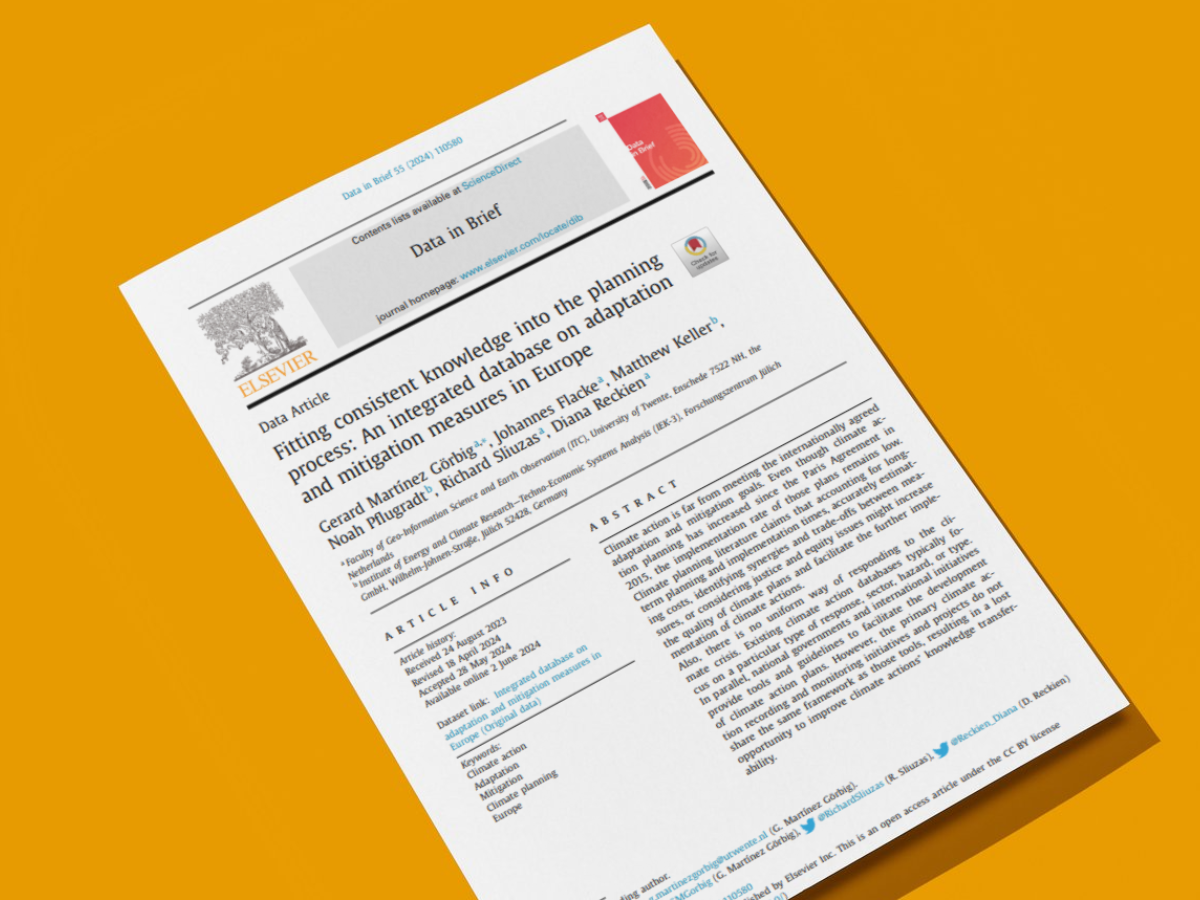
LOCALISED is producing cutting-edge scientific results and new knowledge to support climate planners and policymakers across Europe. Developed through extensive research and harmonization of existing climate action resources, a new paper and the accompanying Integrated Database has been developed with a detailed, comprehensive, reproducible and extendable repository of climate measures (direct impact on emissions) and instruments (implementation aids and policies).
The database includes a total of 188 mitigation measures, 191 adaptation measures, and 97 measures of both response types, along with 609 associated instruments, harmonized from 13 different known repositories and merged into one database. For monitoring their outcomes 93 Sustainable Development Goals relevant indicators are also included.
Despite growing climate action plans since the 2015 Paris Agreement, implementation remains slow. Existing climate action databases typically focus on a particular type of response, sector, hazard, or type. In parallel, national governments and international initiatives provide tools and guidelines to facilitate the development of climate action plans. Therefore, with a focus on the real-world challenges faced by climate planners, the Integrated Database combines a scientific approach with the practical needs of climate planners and practitioners. This unified framework is designed to address the disconnect between existing climate databases and practical planning needs, offering an essential resource for improving climate plan quality, facilitating implementation, and identifying synergies and trade-offs.
The LOCALISED project research team reviewed nine existing databases of adaptation and five mitigation databases, comprising a total of 7.130 adaptation actions and 11.409 mitigation actions, and detected a lack of alignment with climate planning practices and claims. Furthermore, a lack of coherency regarding the level of abstraction of climate actions and their role in the implementation process has been discovered. Given that, the team created a new Integrated Database of adaptation and mitigation measures in Europe, focusing exclusively on climate planning and implementation practices. Firstly, specific and transferable mitigation and adaptation measures and instruments through an originally designed decision tree has been identified. Secondly, the collection of climate actions has been harmonized in a unique framework based on one of the biggest climate planning initiatives: the Sustainable and Energy Climate Action Plans (SECAPs) by the Covenant of Mayors.
Overall, the Integrated Database of adaptation and mitigation measures: (1) classifies and relates the different types of climate actions; (2) provides data that may improve the quality of climate plans and facilitate implementation; (3) allows a better perspective of systematic problems by identifying potential synergies and trade-offs; and (4) defines and characterizes measures using a framework that draws on actual practice.
In a nutshell: this integrated resource is set to play a crucial role in helping Europe meet its climate targets.

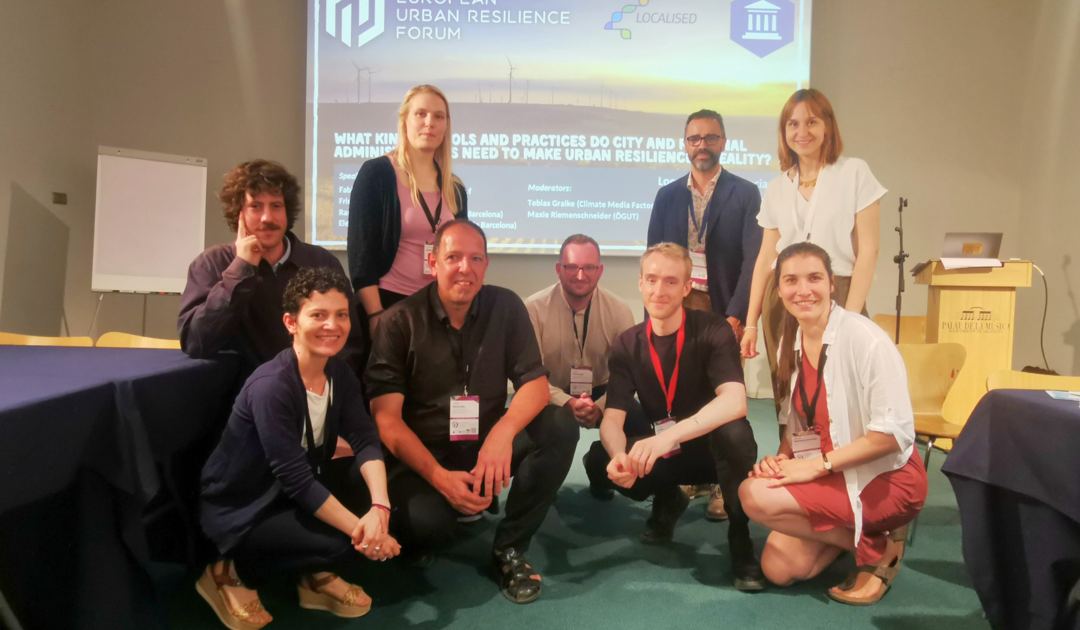

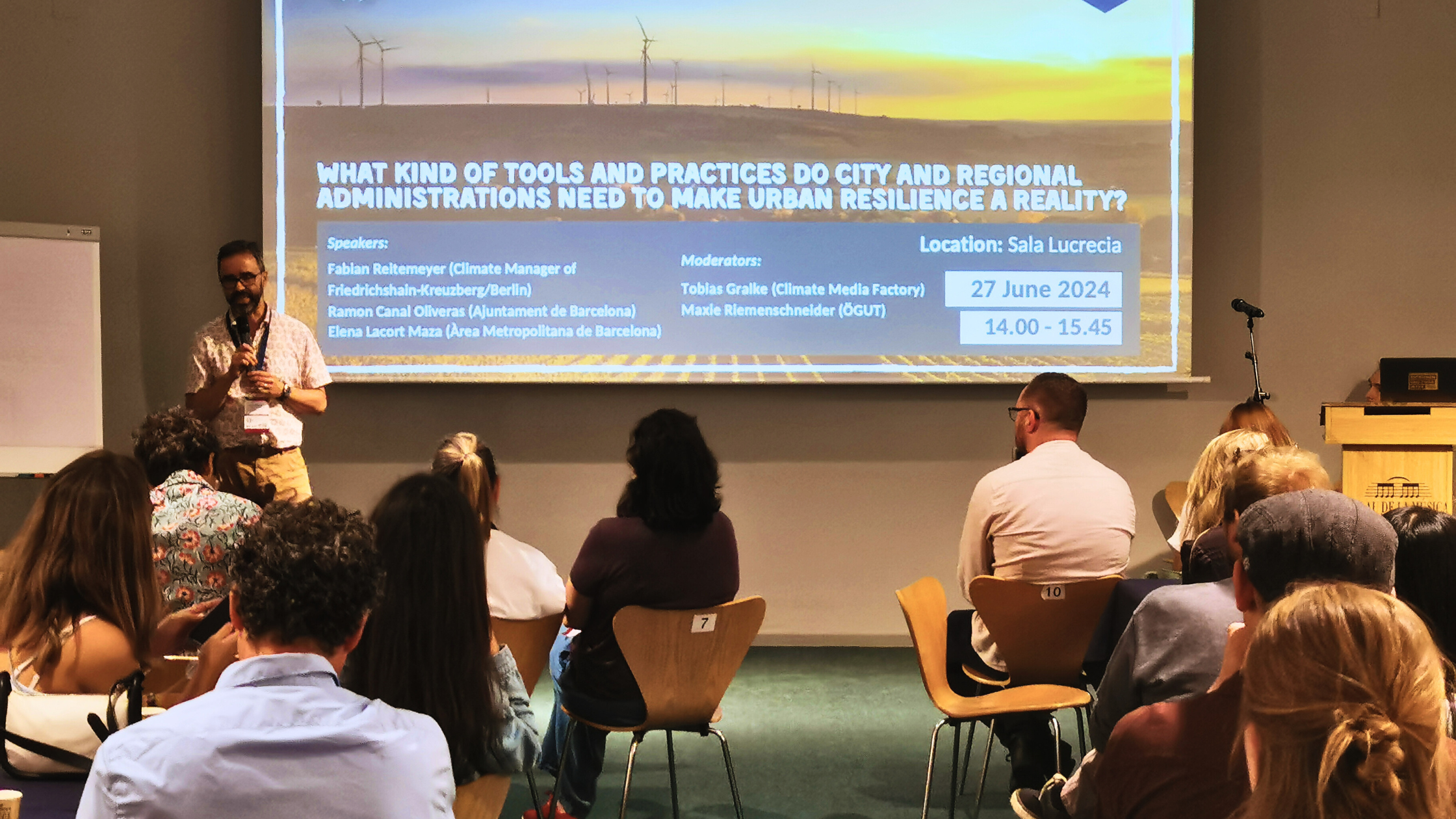
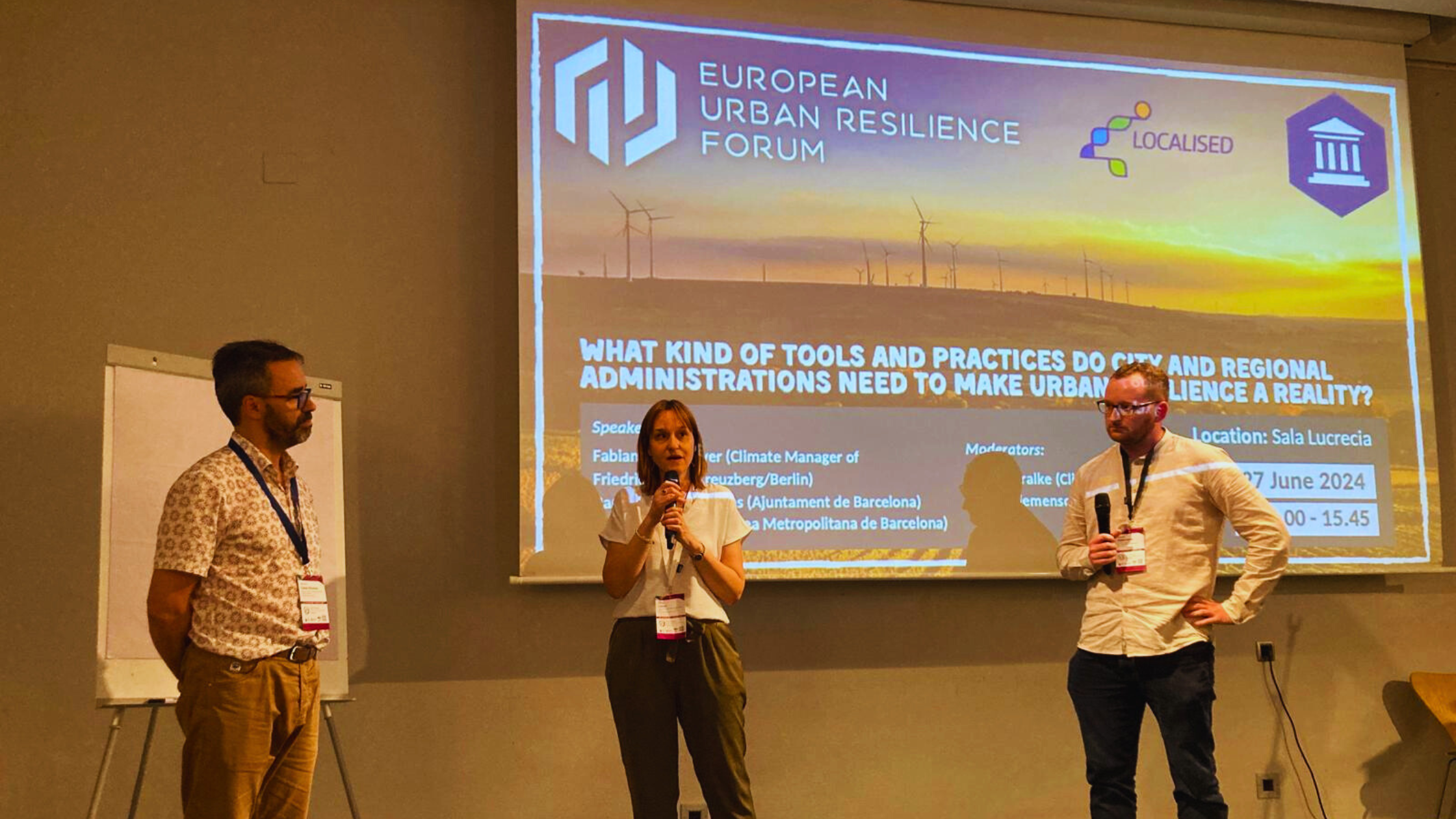
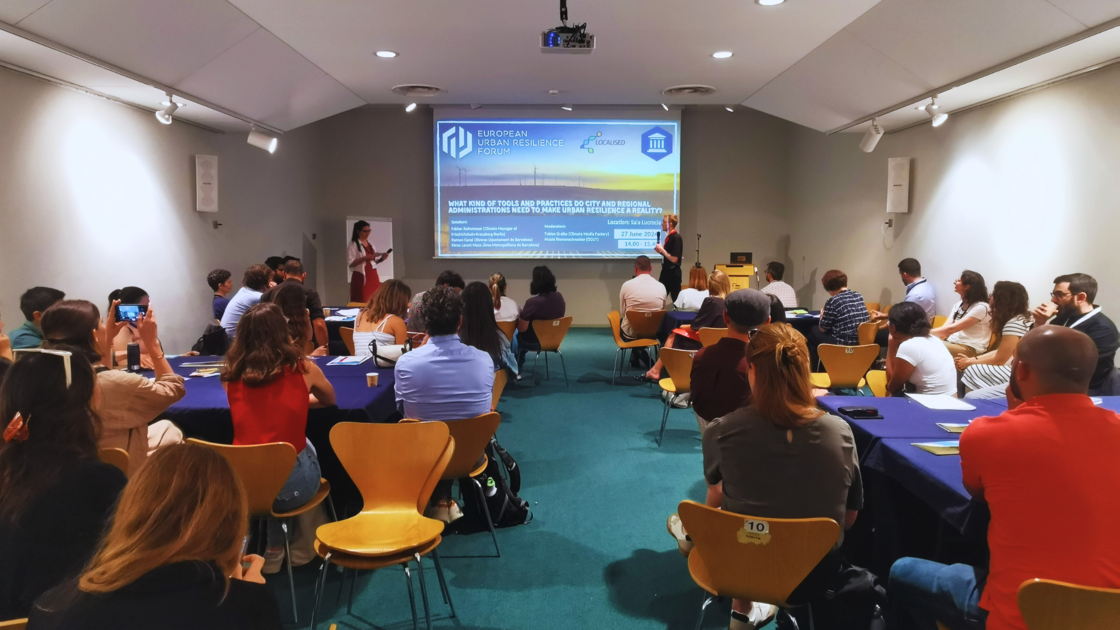
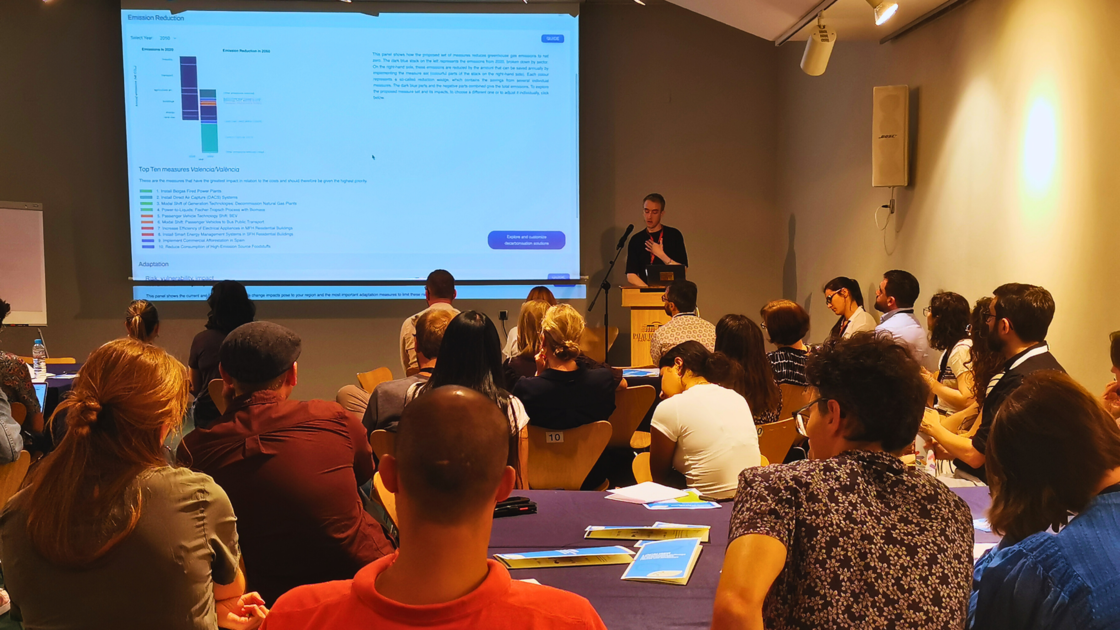
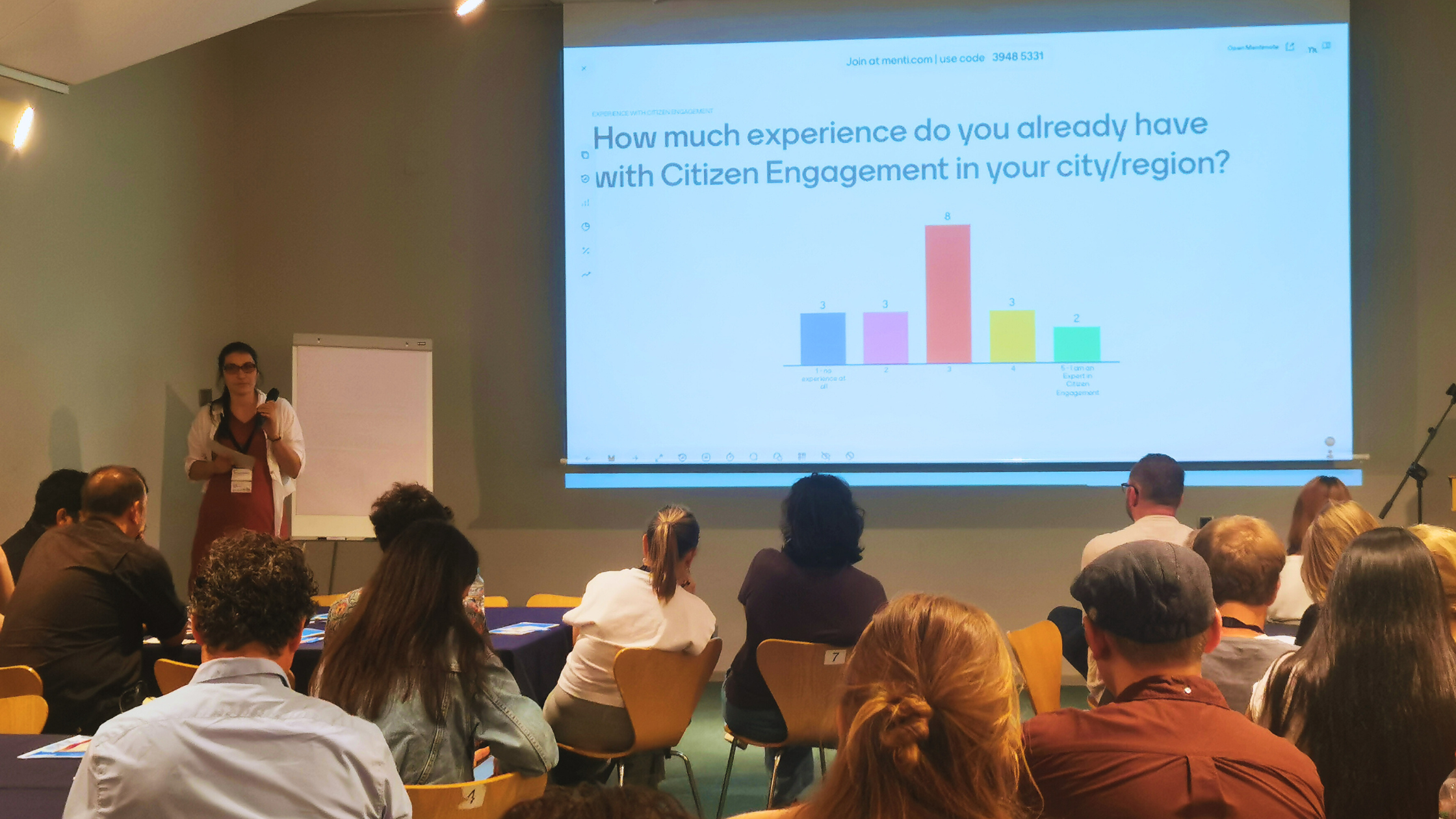
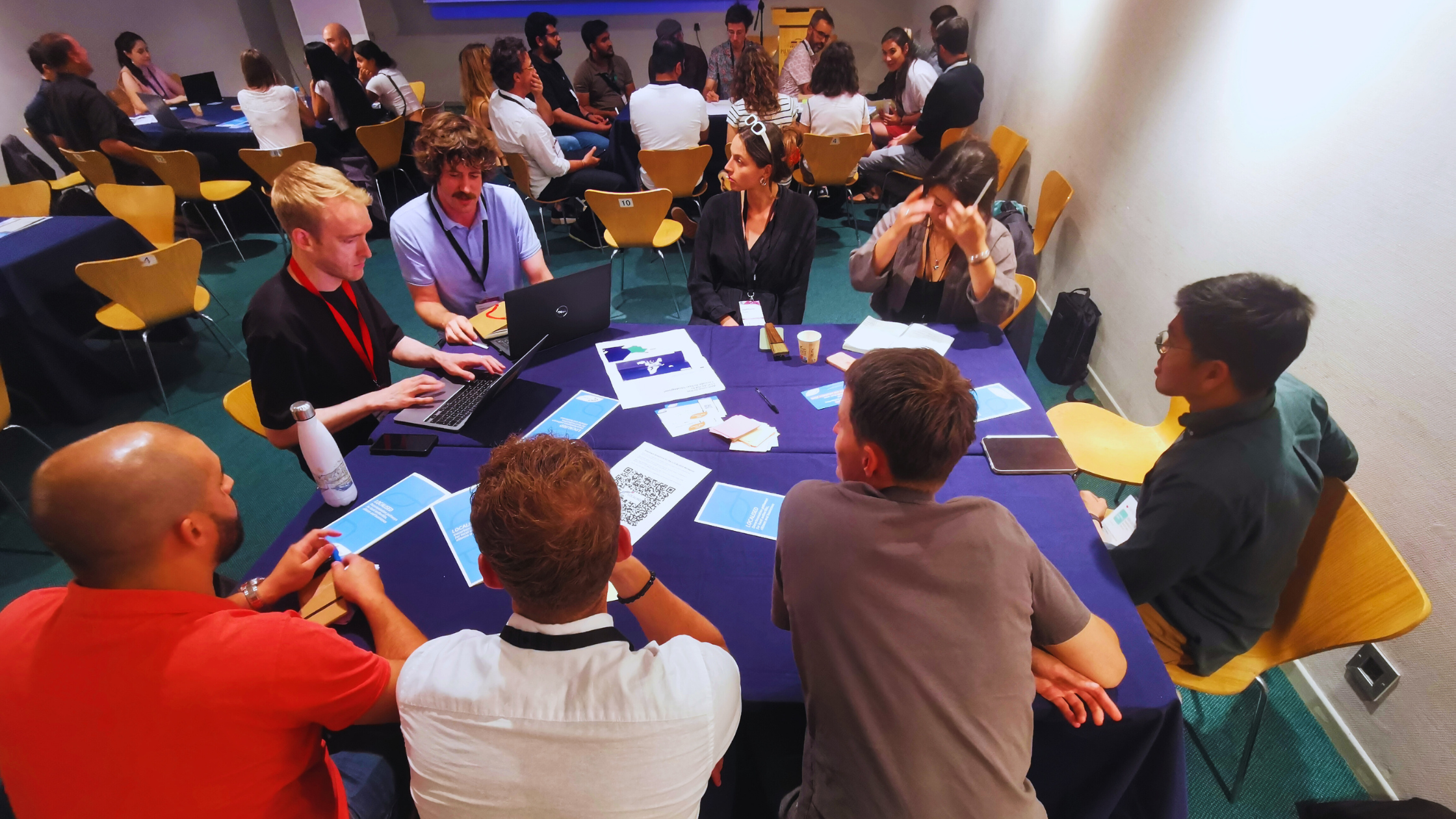
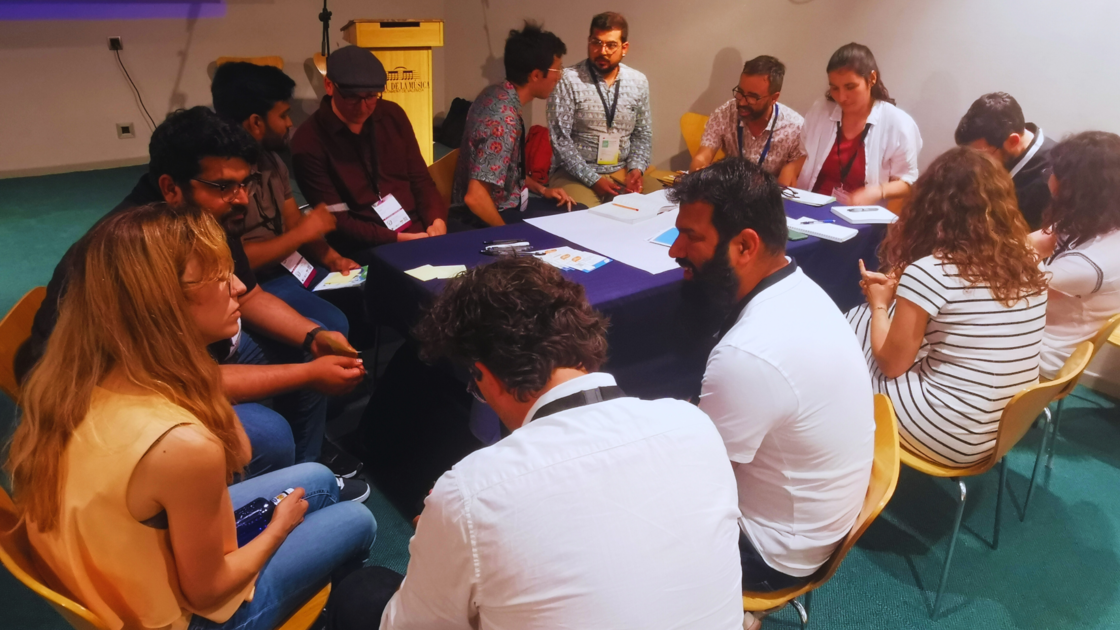
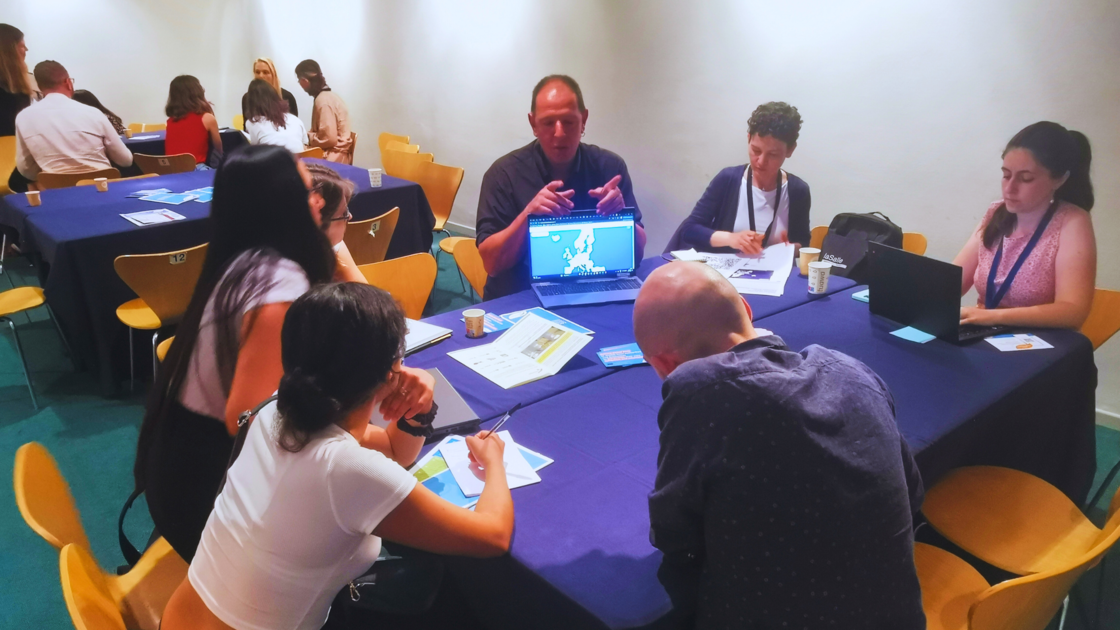
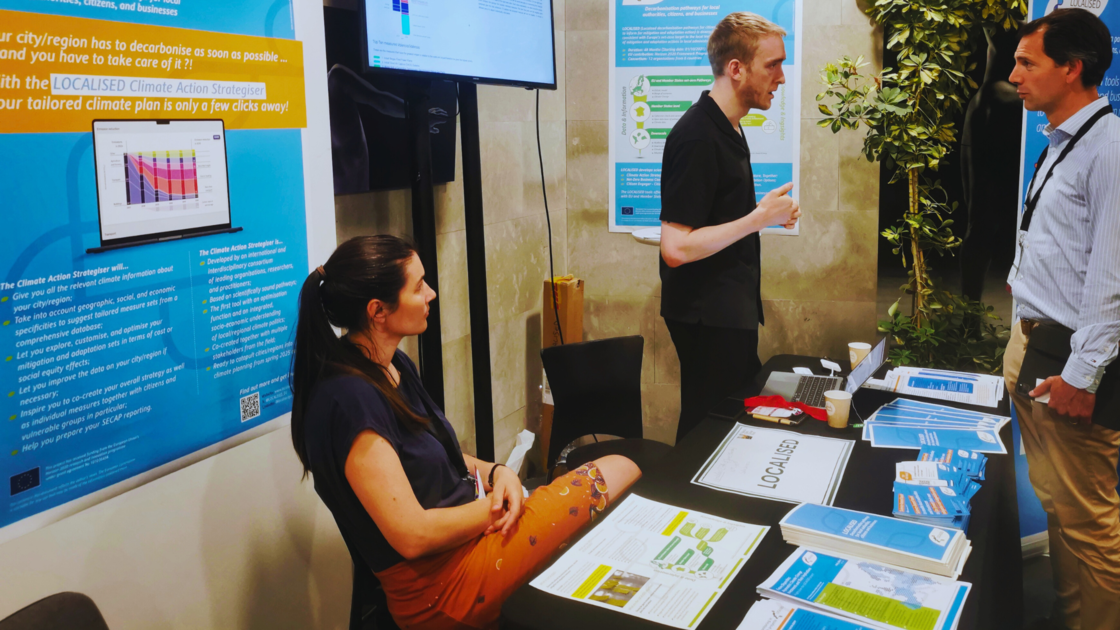
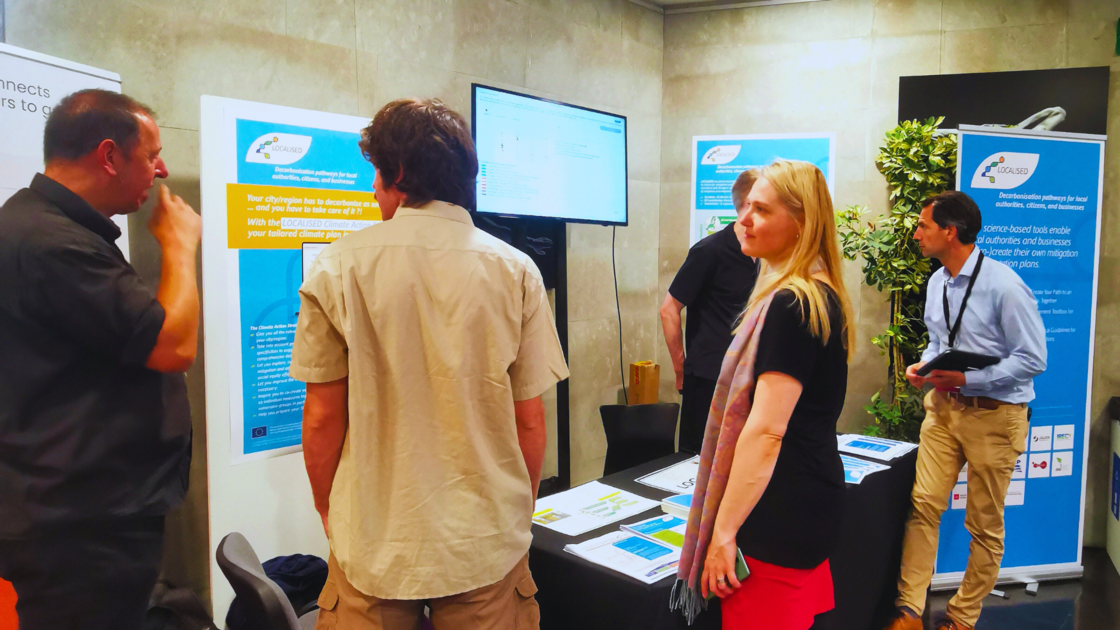

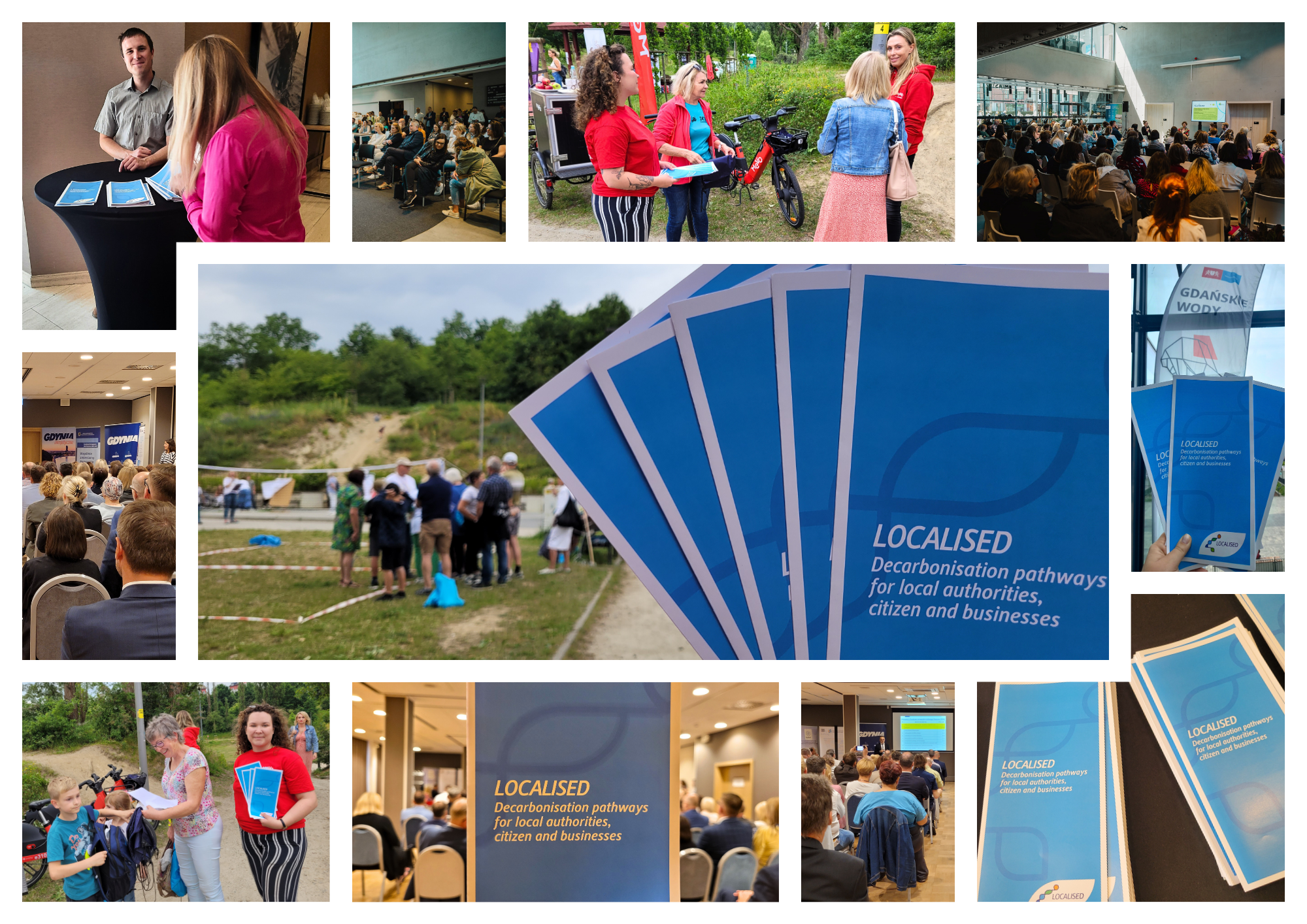




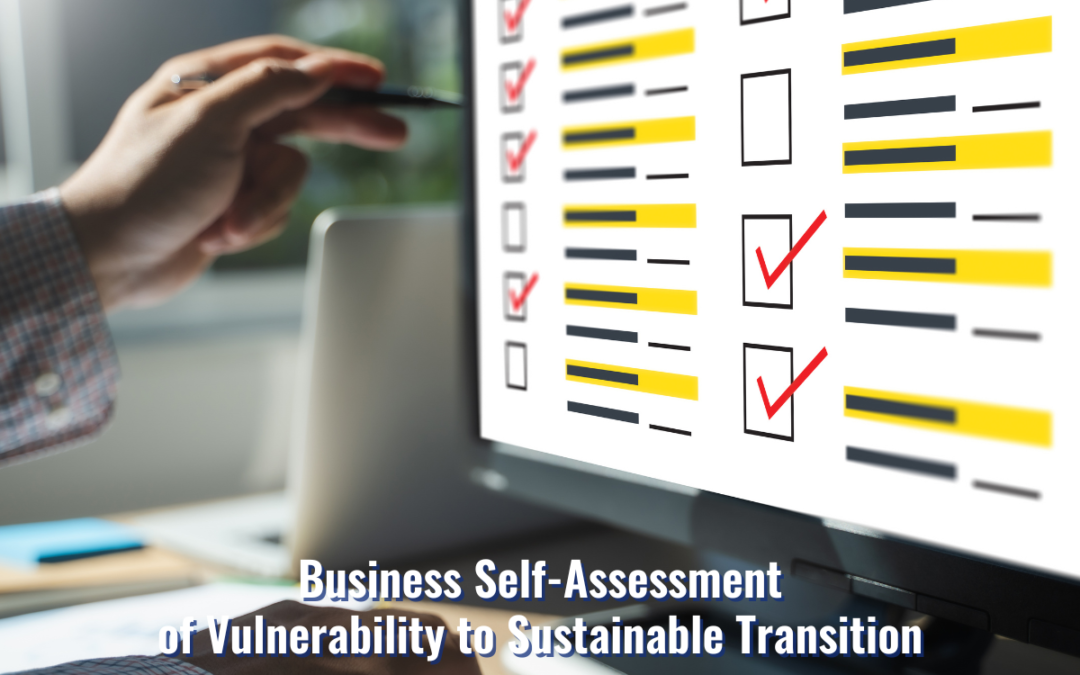
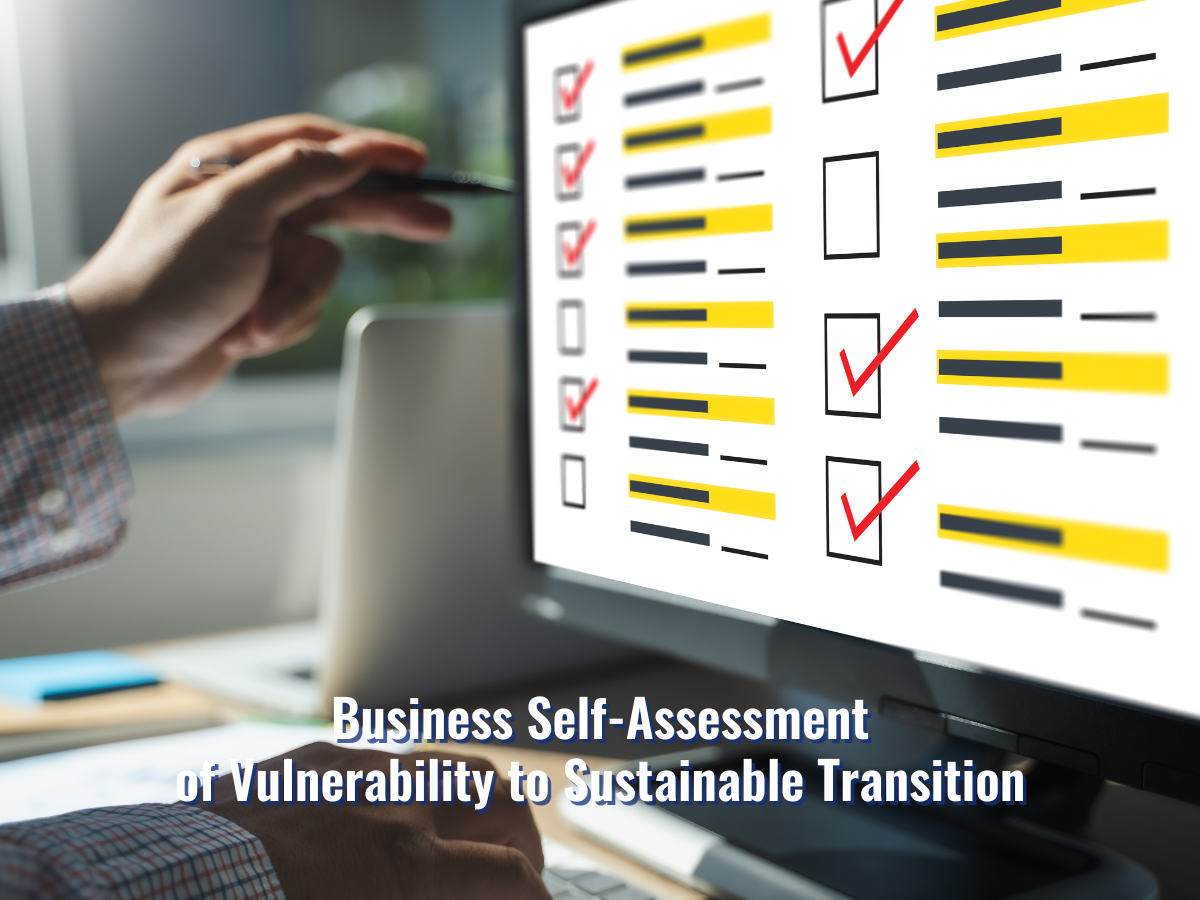

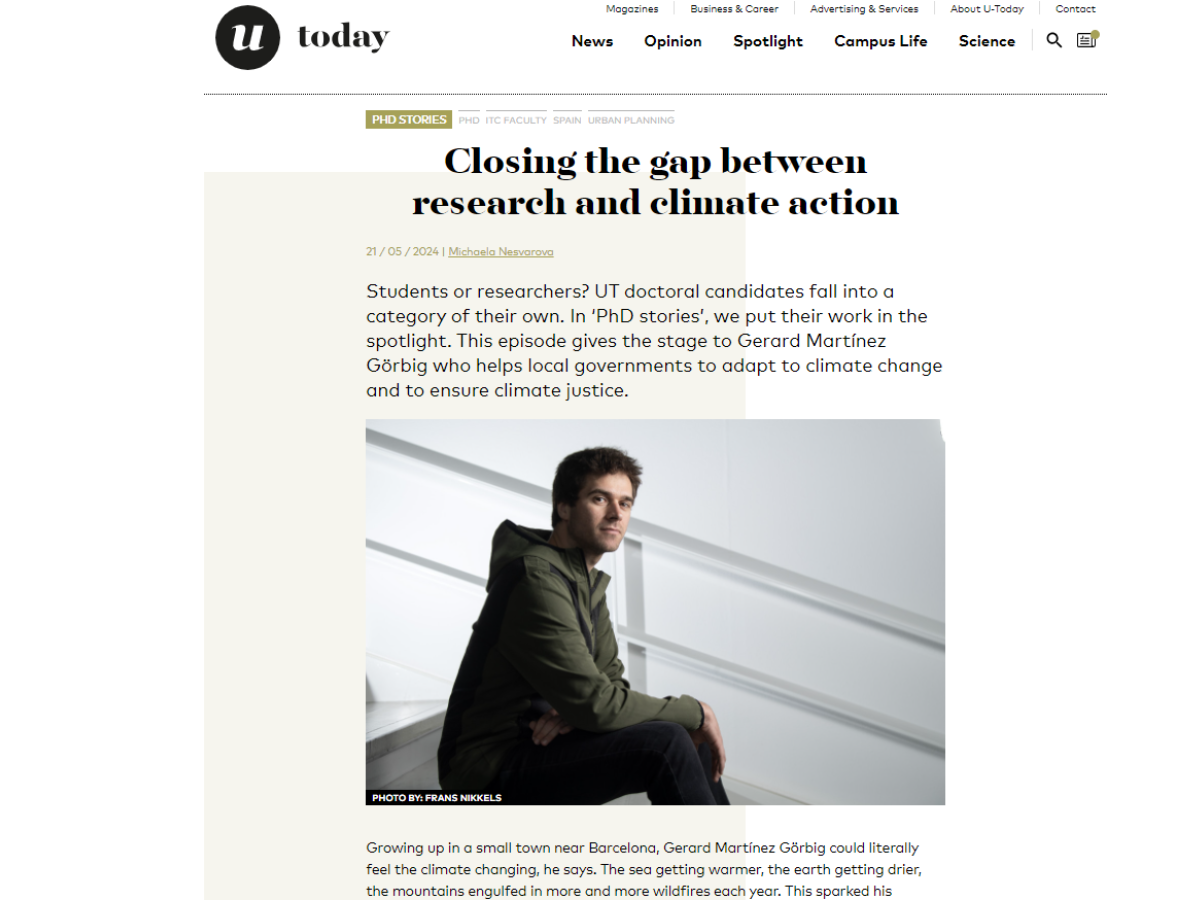

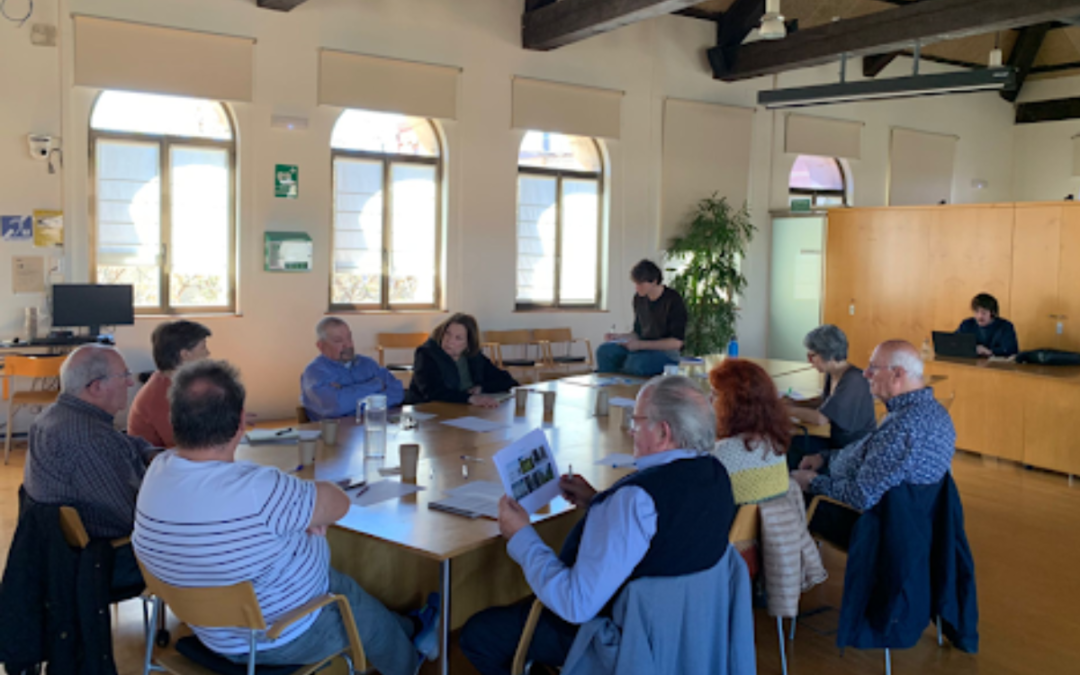
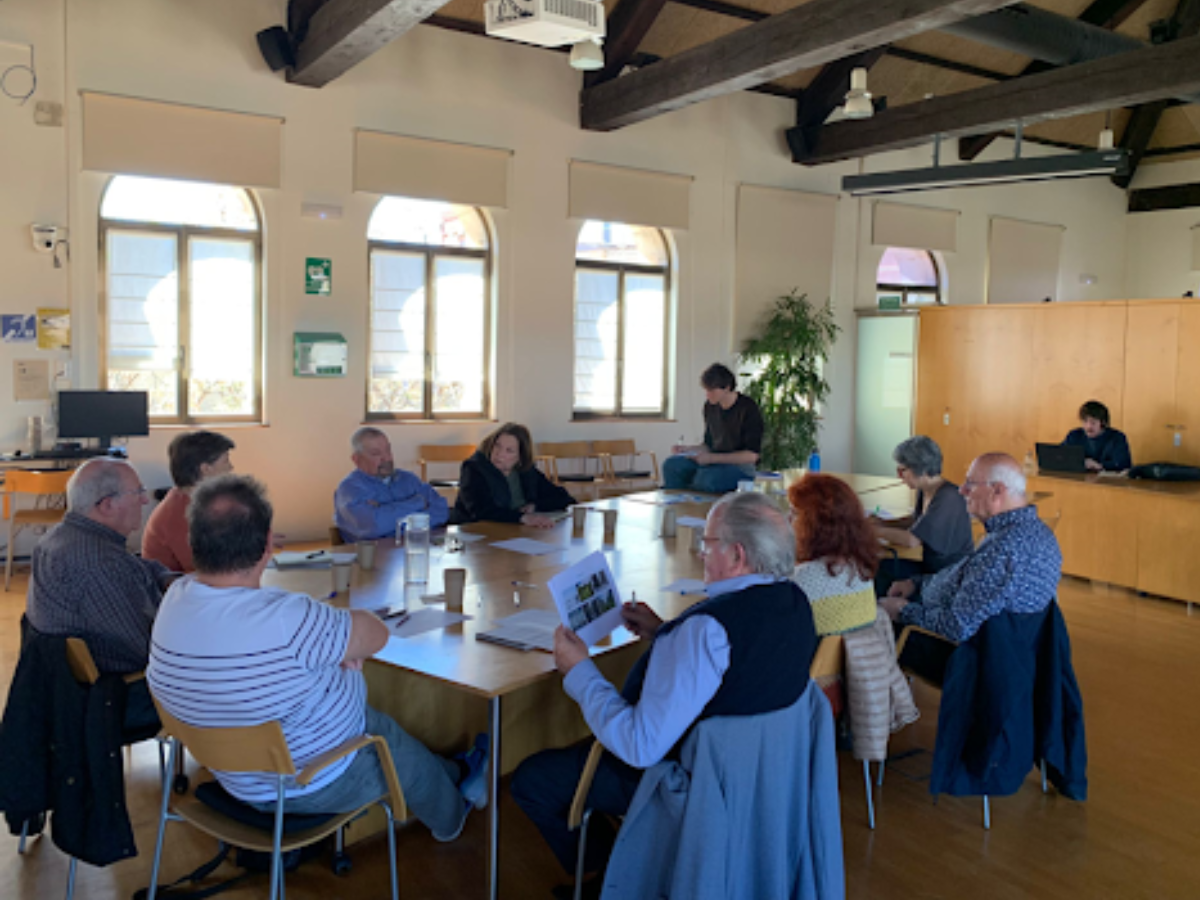
Recent Comments